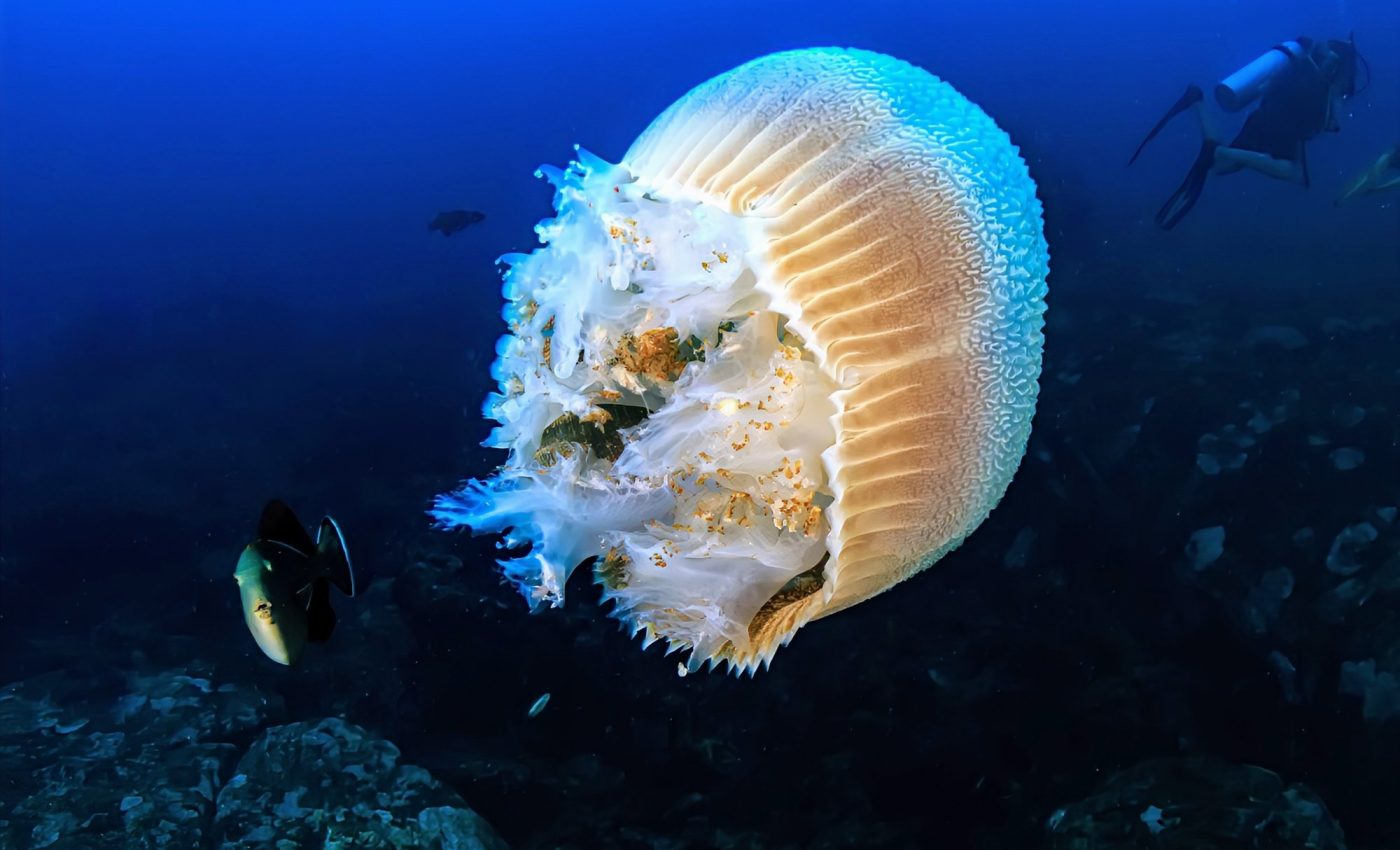
Deep sea mining debate intensifies as opponents face a setback
Opponents of deep sea mining faced a significant setback on Friday when efforts to initiate an international moratorium on the practice did not advance.
This outcome marks a crucial point in the ongoing debate over deep sea mining, which could yield essential minerals for the green transition but poses considerable environmental risks.
Deep sea mining debate
Until now, proponents of deep sea mining have managed to prevent the International Seabed Authority (ISA) from discussing the issue.
However, a recent debate did take place, although a draft calling for a “dialogue” towards “the development of a general policy for the protection and preservation of the marine environment” failed to move forward after a week of discussions in Kingston, Jamaica.
Delegations from several countries, including China, Saudi Arabia, and the African group of member states, argued that the draft lacked clarity and that the full assembly of 168 members was not the appropriate forum to make decisions on protecting marine habitats.
Instead, these countries suggested that the ISA’s Council, comprised of 36 states, should make such decisions.
Discussions have been delayed
Facing consistent opposition, Chile withdrew the draft measure as the assembly’s annual session, which makes decisions by consensus, drew to a close.
“We are somewhat disappointed,” said Chilean representative Salvador Vega Telias. Although he believed he had majority support, he decided to delay the discussions until July 2025, a proposal that was also not approved.
Deep sea mining in international waters involves extracting minerals like nickel, cobalt, and copper from the ocean floor. These minerals are crucial for renewable energy technology.
Protecting the deep sea environment
Under the UN Convention on the Law of the Sea (UNCLOS), the ISA is responsible for both protecting the seabed in areas beyond national jurisdictions and overseeing exploration or exploitation of resources in those zones. So far, deep sea mining has not progressed beyond the experimental and exploratory stage.
The ISA’s Council, which currently only grants exploration contracts, has been working on commercial exploitation rules for over a decade, aiming to adopt a mining code in 2025.
Non-governmental organizations and scientists warn that deep sea mining could damage habitats and harm species that are not well understood but are potentially crucial to the food chain. They also highlight the risks of disrupting the ocean’s capacity to absorb carbon emissions and the noise pollution that could disturb species like whales.
Exploratory contracts have been secured
Despite these concerns, many countries have secured exploratory contracts and conducted tests. Nauru, a small Pacific island nation, has pushed the ISA to allow exploitation applications even without a mining code.
Canada’s The Metals Company (TMC) and its subsidiary Nauru Ocean Resources Inc (NORI) are preparing to submit an application to start commercial mining operations in the Clarion-Clipperton fracture zone (CCZ) in the Pacific.
Nauru President David Adeang emphasized the necessity of responsible deep sea mineral development for the survival of Nauru and other small island developing states in a rapidly changing world.
Public demand to prohibit deep sea mining
Over 30 countries, including France, Canada, Chile, Brazil, and the United Kingdom, have called for a moratorium on deep sea mining. A recent study showed that the mineral-rich nodules targeted by mining companies produce oxygen, marking the first instance of oxygen production by non-living sources without sunlight.
“Public demand and political support for stopping deep sea mining from harming the oceans has never been stronger,” said Louisa Casson, a campaigner with Greenpeace.
“With the threat of a company applying to mine the oceans hanging over us all, it’s clear that we need far greater urgency from governments at the ISA to turn these words into action.”
In this context, NGOs welcomed the election of Brazil’s Leticia Carvalho to replace Michael Lodge of Britain as the ISA’s secretary general in January 2025. Lodge had faced criticism for his pro-business stances and allegations of fund misuse by the ISA’s leadership, which the ISA Secretariat has denied.
“This is a new chapter,” the Deep Sea Conservation Coalition said. “Reforming the ISA to protect and manage the deep sea for the benefit of humankind is crucial.”
The recent developments highlight the intense global debate over deep sea mining and the urgent need for effective governance to balance economic interests with environmental protection.
—–
Like what you read? Subscribe to our newsletter for engaging articles, exclusive content, and the latest updates.
Check us out on EarthSnap, a free app brought to you by Eric Ralls and Earth.com.
—–













